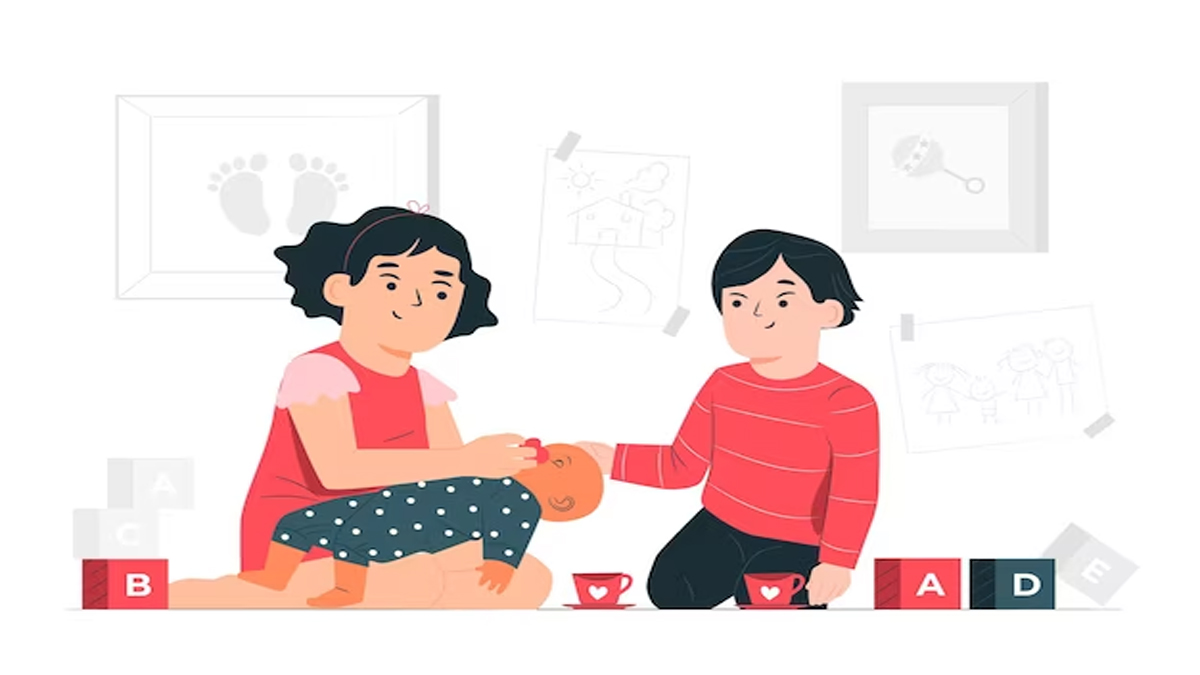In India, adoption is governed by the Juvenile Justice (Care and Protection of Children) Act, 2015 (JJ Act) and the guidelines issued by the Central Adoption Resource Authority (CARA). These laws and guidelines provide a legal framework for the adoption process and aim to ensure the welfare and protection of children.
Here are the key aspects of the adoption laws in India:
- Eligibility of Adoptive Parents:
- Age: The adoptive parents should be at least 25 years old. There should be a minimum age difference of 25 years between the child and the adoptive parents.
- Marital Status: Both married couples and single individuals (including unmarried and divorced persons) are eligible to adopt. However, single male individuals can only adopt male children.
- Health: Adoptive parents should be physically, mentally, and emotionally fit to care for a child.
- Financial Stability: The adoptive parents should have sufficient financial resources to support the child’s upbringing.
- No Biological Child: If the adoptive parents have a biological child, they can only adopt a child of the opposite gender.
2. Types of Adoption:
- Indian and Non-Resident Indian (NRI) adoptive parents can adopt children through the following routes:
a. Adoption from a Specialized Adoption Agency (SAA): SAAs are authorized agencies recognized by the government to place children in adoption. They assess and match prospective adoptive parents with children legally available for adoption.
b. Relative Adoption: A child can be adopted by a relative (sibling, grandparent, uncle, aunt, or cousin) after obtaining consent from the biological parents or legal guardians.
c. Step-Parent Adoption: A step-parent can adopt the child of their spouse after obtaining consent from the other biological parent or legal guardian. - Inter-country Adoption: Indian children can be adopted by foreign nationals residing in countries that have a bilateral agreement with India, subject to the guidelines and procedures laid down by CARA.
3. Adoption Process:
- Registration: Prospective adoptive parents need to register with CARA or an authorized adoption agency.
- Home Study Report (HSR): A social worker conducts a detailed assessment of the prospective adoptive parents’ suitability and prepares an HSR.
- Child Referral: CARA or the authorized agency provides a child referral with information about the child, medical reports, and photographs.
- Acceptance and Bonding: Prospective adoptive parents have the right to accept or reject the child referral. Upon acceptance, they must meet the child and develop a bond during a mandatory pre-adoption foster care period.
- Adoption Order: After the foster care period, the adoption petition is filed in court. The court examines the case and issues an adoption order if satisfied.
- Follow-up: Post-adoption, the adoptive parents submit follow-up reports to the adoption agency or CARA for a specified period.
- Central Adoption Resource Authority (CARA):
- CARA is the statutory body under the Ministry of Women and Child Development responsible for regulating and monitoring adoption in India.
- CARA maintains a centralized database of waiting children and prospective adoptive parents, facilitating efficient matching.
- It ensures compliance with adoption laws, provides support services, and oversees the functioning of SAAs and other adoption-related institutions.
It’s important to note that adoption laws are subject to change, and it’s advisable to consult the latest guidelines and regulations from CARA or an authorized adoption agency for accurate and up-to-date information.
